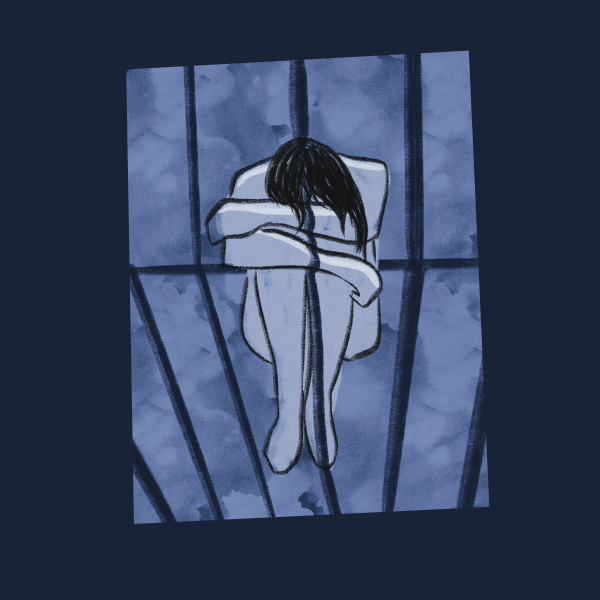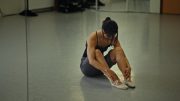
Aberdeen, the feature directorial debut from Ryan Cooper and Eva Thomas, made waves at the Toronto International Film Festival (TIFF) with its gripping portrayal of survival and intergenerational trauma.
Filmed in Winnipeg, the movie star Gail Maurice, known for her work in Bones of Crows, in an impactful performance as Aberdeen, an Indigenous woman battling systemic failures and fighting to reclaim her family.
Set against the familiar backdrop of Winnipeg’s streets, Aberdeen tells a story that resonates deeply. The film centres on the eponymous character, whose life of hardship has left her homeless and disconnected from her grandchildren.
Through her struggles, the audience is exposed to the harsh realities many face within a system that is meant to support but often only serves to strip individuals of their dignity and identity. Maurice’s portrayal of Aberdeen is both heartbreaking and empowering, offering a raw depiction of a woman fighting for her place in the world.
While the film touches on universal themes of survival and resilience, it is distinctly grounded in the Indigenous experience. Aberdeen’s childhood with her mooshum and kookum, or grandparents, in her Peguis First Nation community, is a distant but cherished memory that contrasts starkly with her present-day reality.
As she battles homelessness and the bureaucracy that comes with lacking proper identification, Maurice’s character feels increasingly disconnected from both her past and her family.
The film does not shy away from confronting the intergenerational trauma that continues to plague Indigenous communities today. “Holding back our identity, holding back our grandkids, stealing our children,” Aberdeen says, capturing the essence of a painful cycle of loss that is both personal and communal.
Cooper and Thomas present Aberdeen as a fully realized person, flawed yet resilient. The direction allows Maurice to shine, her emotional range giving depth to a character who could easily have been reduced to a symbol of hardship.
The film’s authenticity is further bolstered by its setting. Winnipeg’s streets and shelters are not just a backdrop but an integral part of Aberdeen’s story. The city’s harsh winters, bleak social services, and lack of support for the homeless are captured with stark realism.
The film’s narrative is propelled by Aberdeen’s search for stability. When her reliable brother Boyd (Ryan Black) becomes ill and can no longer care for her grandchildren, Aberdeen’s life spirals even further.
The loss of her identification card, a seemingly small detail, becomes a monumental barrier in her ability to access services, keep her family together, or even assert her basic humanity. The film illustrates, in painstaking detail, how a lack of proper identification can render a person invisible to the very institutions that are meant to help.
At one point, a character tells Aberdeen, “You’ll have to live by the system, play the game, live by their rules.” This line encapsulates the bureaucratic indifference that people in Aberdeen’s position often face.
The supporting cast further enriches the film. Billy Merasty plays Alfred, Aberdeen’s steadfast friend, providing warmth and companionship as she navigates her challenges. Jennifer Podemski, as Grace, offers a moment of light as a former classmate who shows Aberdeen that kindness and human connection can still exist in her bleak world. The supporting roles are handled with care, offering nuance and depth without detracting from Aberdeen’s central journey.
What makes Aberdeen particularly powerful is its refusal to give in to sentimentality. The film is not about easy solutions or redemptive arcs. It is about survival, and how one woman must reclaim her identity in a world that seems determined to strip it away.
When Aberdeen finally returns to her community of Peguis First Nation, she is reminded of who she is and where she comes from. This return home offers a glimpse of hope—her connection to her roots and the possibility of breaking free from the cycle of trauma. It is a quietly powerful moment that speaks to the strength of family and heritage.
At its core, Aberdeen is a film about the fight for identity, survival and the power of community. Through Gail Maurice’s exceptional performance, the audience is taken on an emotional journey that feels deeply rooted in the realities of life in Winnipeg and Indigenous communities across Canada.
Cooper and Thomas have created a film that is as much about one woman’s personal struggle as it is a broader commentary on the systemic issues that continue to affect Indigenous peoples.



